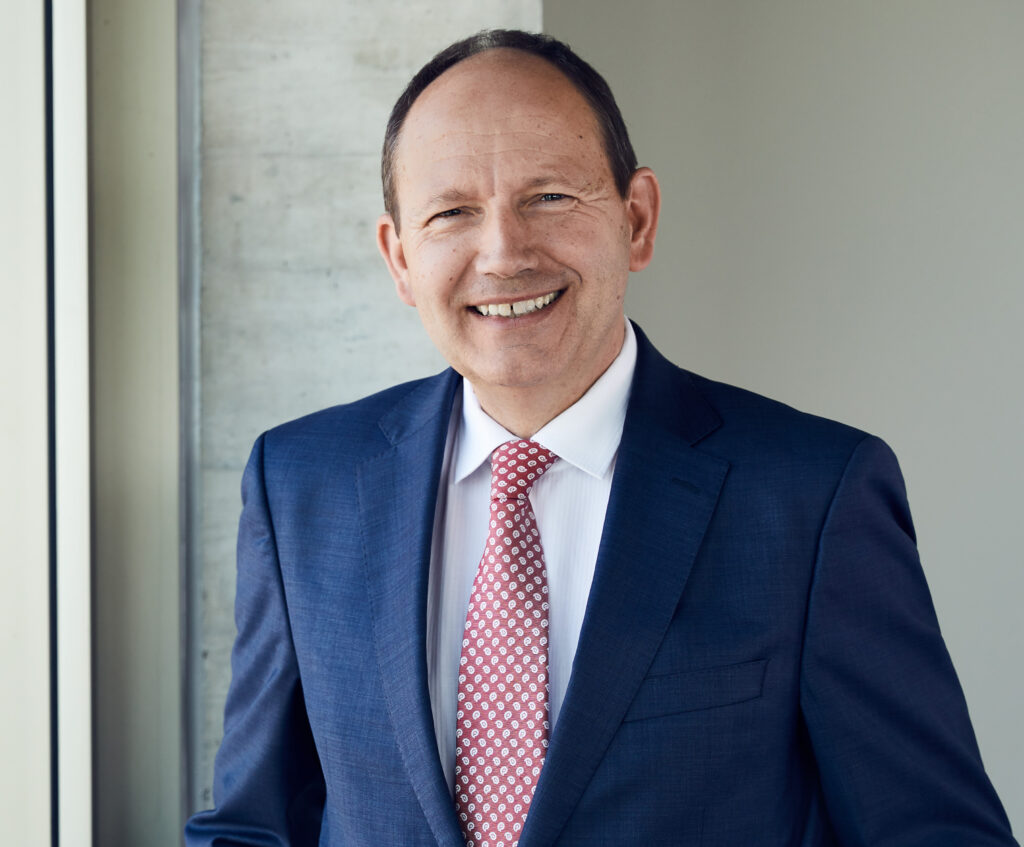Christian Specht

Vice-Mayor of Mannheim (Germany), Vice-President of Efus
Christian Specht has been Deputy Mayor of the City of Mannheim since 2005 and First Deputy Mayor since 2007. He is responsible for Finance, Investment Asset Management, IT, Public Safety and Order. He is a member of the supervisory board of the energy company MVV Energie AG and chairman of the supervisory board of the public transport alliance Rhein-Neckar-Verkehr GmbH. A qualified lawyer, he is chairman of the finance committee of the Baden-Württemberg Association of Cities and Deputy Chairman of the finance committee of the German Association of Cities. Specht is Vice-President of the European Forum for Urban Security (EFUS) and of the German European Forum for Urban Security (DEFUS) as well as Chair of the SiMA Association for Security in Mannheim.
Do you have any specific hopes or predictions for the future of urban security? (What will urban security look like in 30 years? What will be the main opportunities and risks?)
Urban security should not only be considered at the local level. We already notice today that international conflicts are increasingly manifesting themselves at the local level and that they have a direct impact on what happens within our cities. International city diplomacy and cross-border cooperation therefore play a crucial role. International networks such as Efus offer an important platform for international cooperation. We need to work even more together to strengthen the security in our cities.
Why do you think it is so important to involve citizens in urban security practice?
Municipal security is also based on whether citizens, commuters and visitors feel safe in the municipal environment. The feeling of security is determined on the one hand by the official crime statistics of the police, but it is significantly influenced by the citizens’ subjective sense of security. A very important objective, which concerns all municipal policy areas and not only the field of security, is to see citizens evolve from being ‘affected’ to being ‘involved’. Indeed, they must be actively involved in decision-making and participation processes and the measures that are discussed must be implemented and communicated as a product of citizen participation. This will make citizens feel they are part of a strong community.
